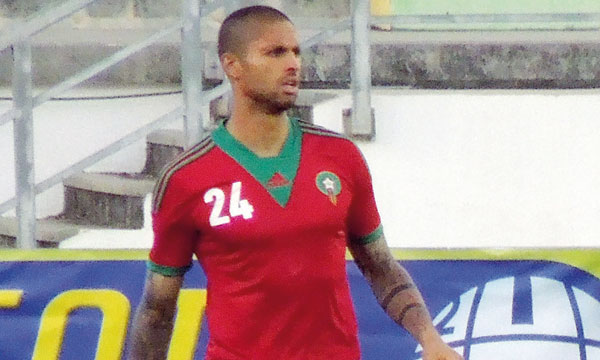The aftermath of Cameroon’s disastrous 2014 World Cup campaign has spiraled into national frustration and public outrage. The Indomitable Lions failed to win a single match, conceding nine goals and scoring just one—an embarrassment for a team with a proud footballing history. What intensified the anger was the pre-tournament bonus dispute, where players initially refused to travel to Brazil, demanding higher match bonuses, a controversy that set a negative tone before a single ball was kicked.
Upon their return to Yaoundé, emotions boiled over. One of the returning players, Stéphane Mbia, found himself trapped by angry locals. A bystander, Florian Ngimbis, documented the chaos: fans blocked Mbia’s car, shouting demands like “give us our share of the 56 million CFA francs!” (the players’ reported bonuses). Police had to escort Mbia away in an unmarked taxi, pursued by a furious crowd. The incident underlines the disconnect between fans and players, rooted in perceptions of greed, underperformance, and a lack of national pride.
Even President Paul Biya took notice, ordering the Prime Minister to investigate and deliver a report within a month. The directive aims for “a profound and urgent restructuring” of Cameroonian football, a system many view as broken by corruption, poor leadership, and a lack of accountability.
This scandal reflects deeper issues within African football federations—where mismanagement, player disputes, and poor tournament preparation often overshadow talent and potential. Cameroon’s case may now become a catalyst for reform—if the political will follows through.
Would you like a breakdown of Cameroon’s individual match performances or how this crisis compared to other African teams in 2014?











